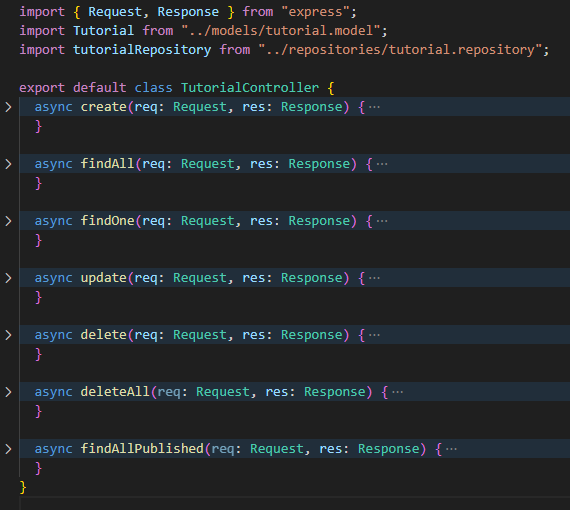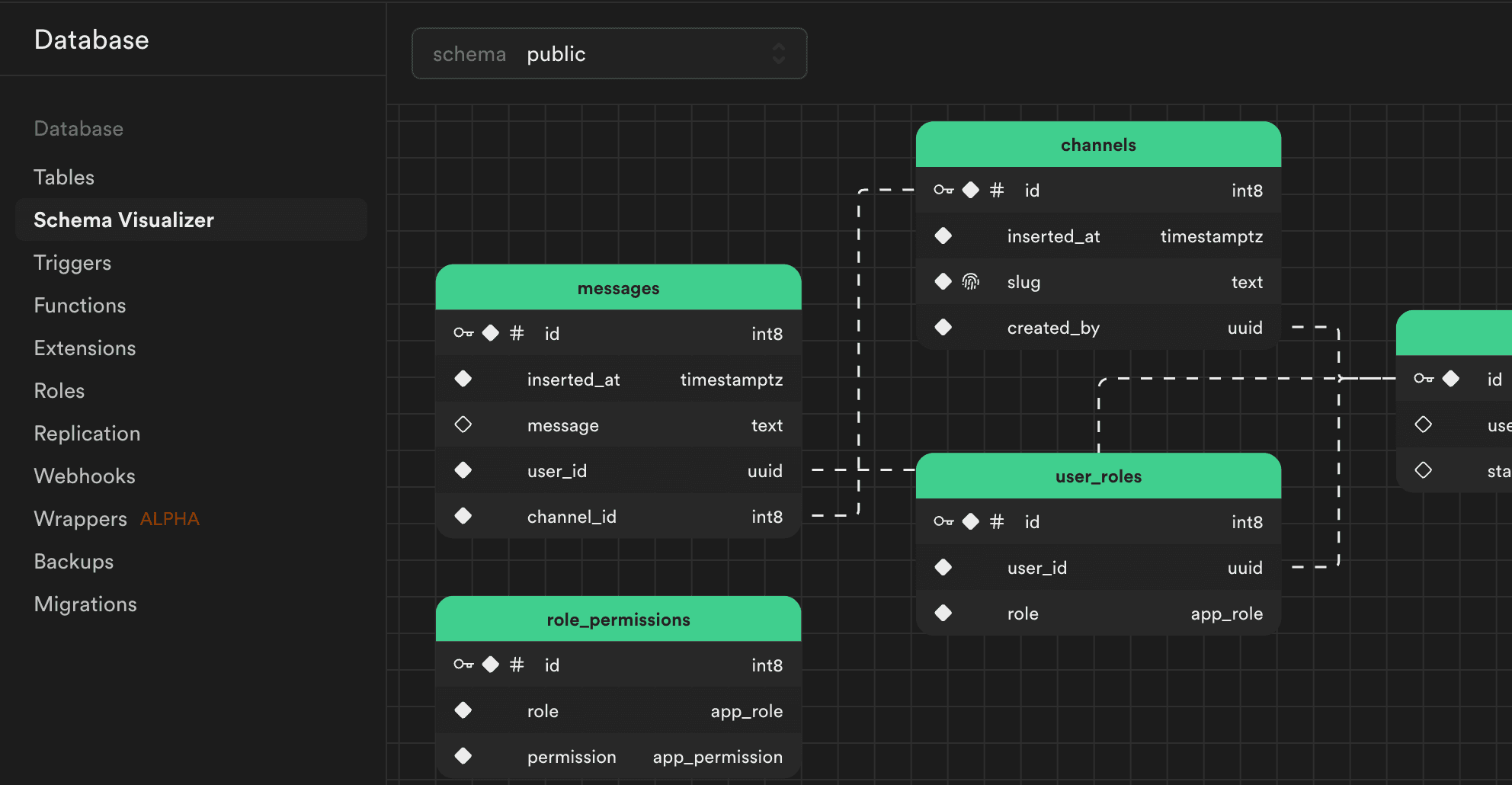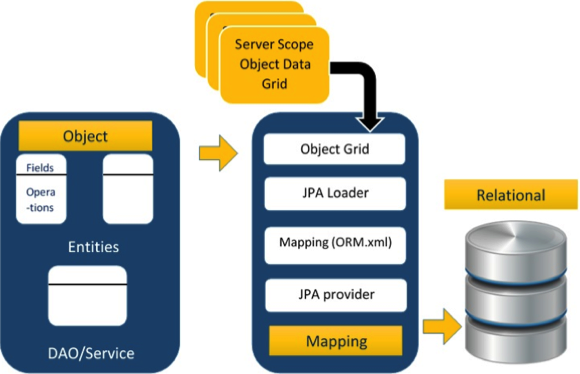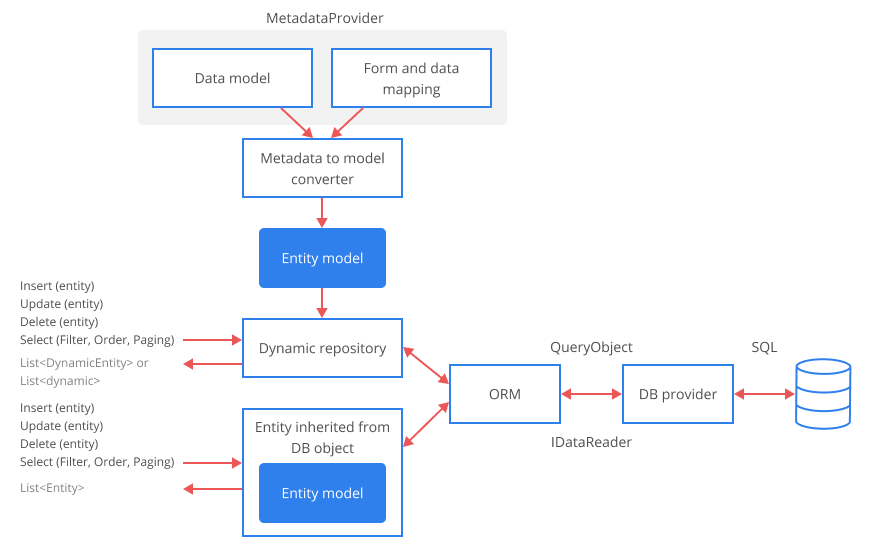Been using Drizzle in production for about 18 months now, and it's the first ORM that hasn't made me want to throw my laptop out the window. Just upgraded to v0.44.5 (released September 2025) - still solid as a rock. Here's why it actually works.
Started with Prisma like everyone else, moved to TypeORM, tried Sequelize (big mistake), and finally landed on Drizzle. Each ORM taught me what I actually needed vs what sounded good in documentation.
The TypeScript Integration That Actually Works
Most ORMs treat TypeScript like an afterthought. Prisma generates types, TypeORM uses decorators everywhere, and Sequelize... well, let's not talk about Sequelize. Drizzle schemas are just TypeScript. No code generation bullshit, no prisma generate step that breaks your CI when the moon is in the wrong phase.
// This is your schema. It's TypeScript. That's it.
export const users = pgTable('users', {
id: serial('id').primaryKey(),
name: text('name').notNull(),
email: text('email').unique()
});
IntelliSense works immediately. No waiting for generators. No mysterious type errors that disappear after restarting your language server for the third time.
Bundle Size That Won't Kill Your Serverless Functions
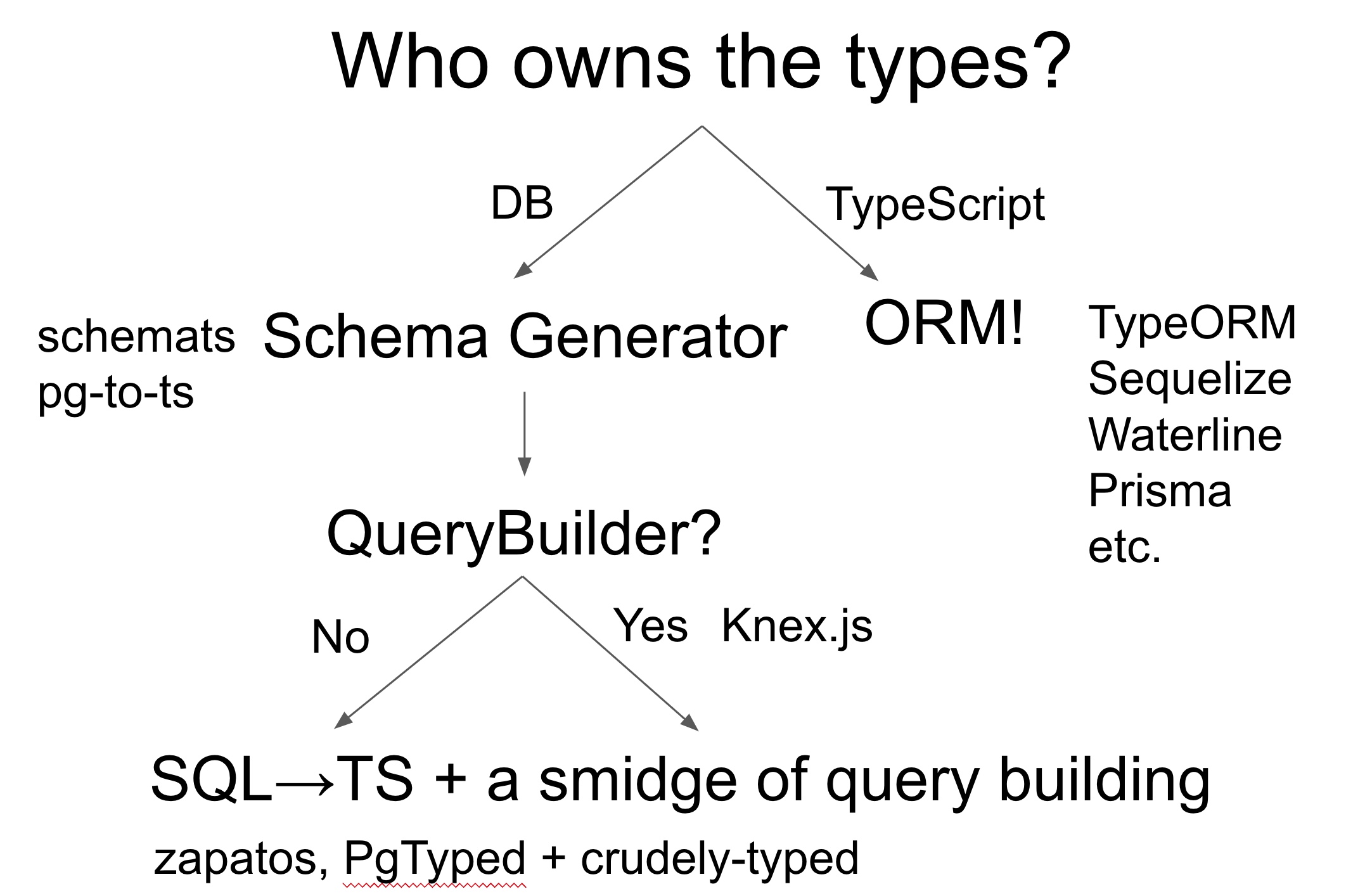
At 7.4kb minified+gzipped, Drizzle is smaller than most icon libraries. Compare that to Prisma's chunky client that adds 50kb+ to your Lambda cold starts. When you're paying per millisecond on AWS Lambda or Vercel Functions, that shit adds up fast.
I migrated a Next.js app from Prisma to Drizzle and cold start times dropped by 200ms. AWS bills were noticeably cheaper. The serverless performance guide covers the technical details if you're into that.
The Migration Story That Doesn't Suck
Drizzle Kit generates SQL migrations from your schema changes. No custom DSL to learn, no migration files written in some made-up language. Just SQL that you can actually read and modify when it inevitably generates something weird.
## This actually works and doesn't break mysteriously
npx drizzle-kit generate
npx drizzle-kit migrate
Best part? If the generated migration is wrong, you can just edit the SQL file. Try doing that with Prisma without breaking everything.
Database Support Without the Drama
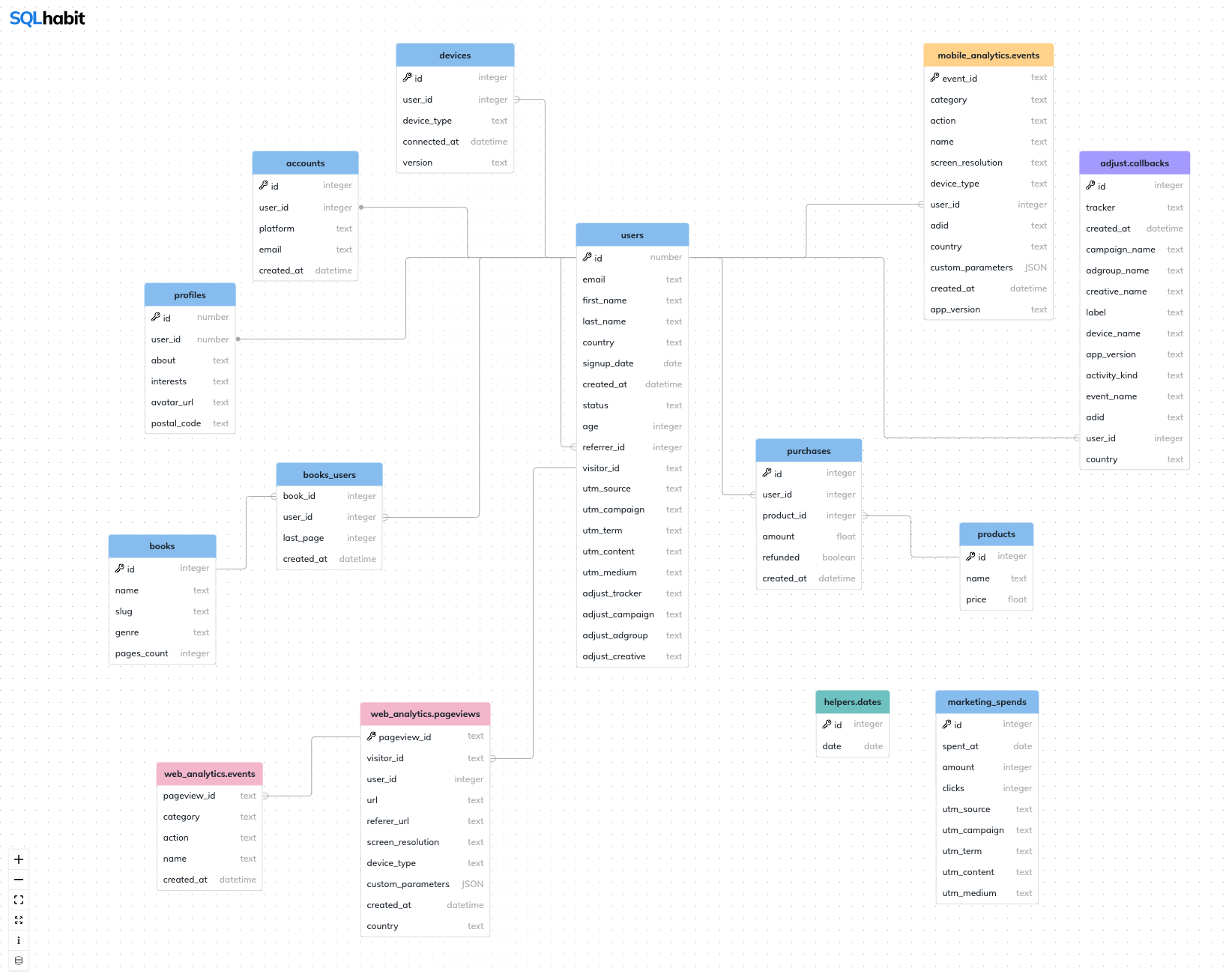
Works with PostgreSQL, MySQL, SQLite, and all the serverless variants like Neon, Turso, PlanetScale, Cloudflare D1, plus newer drivers like Xata and PGlite. The latest version added Neon HTTP batch support which is fucking fast. No special adapters, no weird connection pool configurations that work in development but shit the bed in production.
I've deployed this on Vercel, Cloudflare Workers, Fly.io, and regular Node.js servers. Same code, different environments, zero config changes. The deployment guides cover all the major platforms.
When Things Break (And They Will)
The error messages are actually helpful. Latest version added DrizzleQueryError that wraps all database driver errors with proper stack traces - no more hunting through cryptic database driver logs. When a query fails, you get real SQL with line numbers. No mysterious "Prisma error P2001" or "TypeORM EntityColumnNotFound: No metadata for User.undefined" bullshit that requires googling every time.
TypeScript catches most issues at compile time. Unlike other ORMs where you find out your query is broken when your user clicks the wrong button in production. Had a foreign key constraint blow up last week - Drizzle showed me exactly which column and the actual SQL that failed.
The Gotchas (Because There Are Always Gotchas)
Connection pooling in serverless can be tricky. Edge functions have limited SQL driver support. The relational query builder is newer and has fewer examples floating around Stack Overflow.
But honestly? These are minor compared to the daily pain of fighting other ORMs. Sometimes simple and working beats feature-complete and broken.
For production debugging, Drizzle Studio beats writing admin panels. The Discord community actually helps instead of telling you to read the docs. And the GitHub repo with its 30k+ stars shows real development activity, not just bot-generated releases.
But enough about why it doesn't suck - let's see how it stacks up against the competition. Because choosing an ORM is like choosing your poison, might as well pick the one that hurts least.

